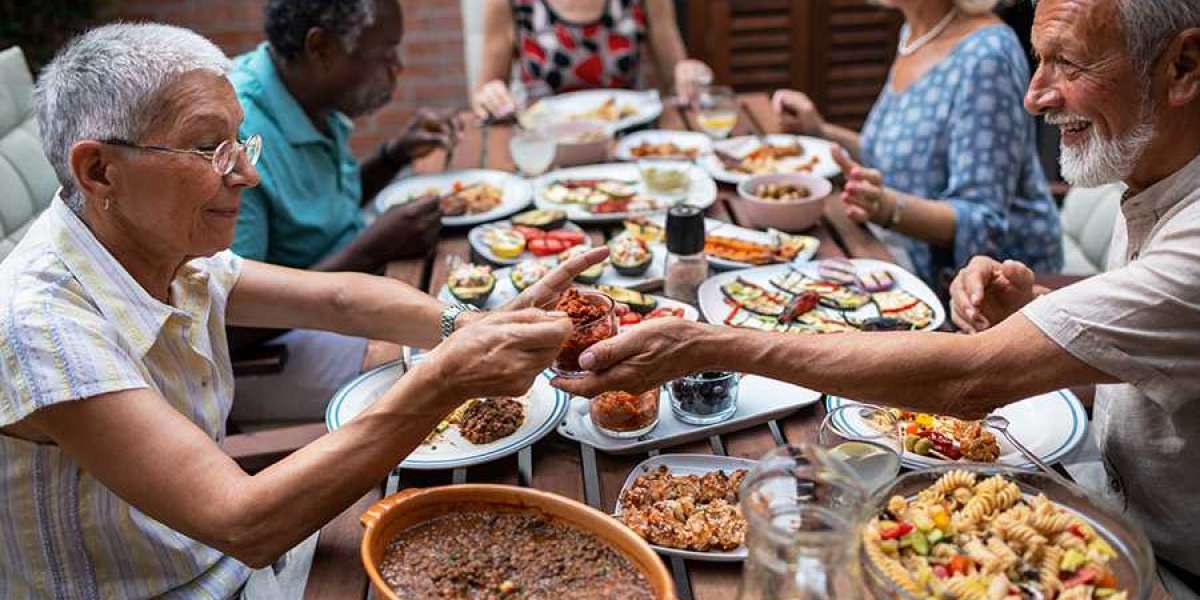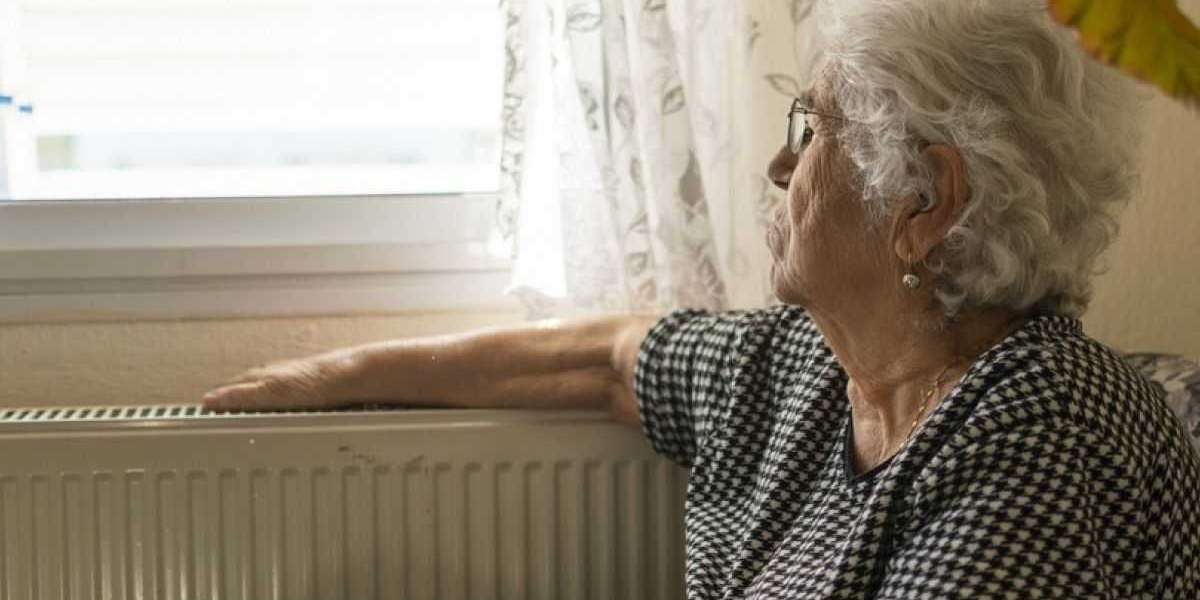The older we become, the more difficult it might be to lose weight and maintain it.
Not only is it important to lose weight, but it is also important to build muscle and preserve bone integrity in order to remain strong.
Healthline quoted Kristen M. Beavers, PhD, assistant professor of health and exercise science at Wake Forest University as saying, "In general, people begin losing bone (and muscle) mass around the fourth decade of life while fat mass continues to accumulate until roughly the seventh decade of life."
She stated that a significant proportion of elderly persons had difficulty maintaining bone density and decreasing weight, respectively.
As a result, Beavers investigated the most effective technique for older folks to reduce weight in a safe manner, and she believes she has discovered the answer.
The most effective method is one that is heavy in protein and low in calories.
Beavers and colleagues conducted a research on around 100 persons over the age of 65 who were divided into two groups by random assignment.
An eight-week low-calorie diet plan that included more than 1 gram of protein per kilogram of body weight, as well as appropriate calcium and vitamin D, was implemented in one of the groups.
Participants in the control group were instructed to consume.8 grams of protein per kilogram of body weight, which is the amount now advised by the Institute of Medicine of The National Academies.
Exercise was not included in the study because, according to Beavers, many older persons are unlikely to engage in adequate physical activity to maintain muscle and bone.
The following findings were made as a result of the research:
Participants in the first group dropped an average of 18 pounds, with fat accounting for 87 percent of that total. They also helped to keep muscular mass. People who were in the control group dropped around half a pound.
Although the subjects dropped weight, they still maintained bone mass, and their fracture risk decreased as measured by their trabecular bone score, which was higher than before.
Participants dropped fat from their stomachs, hips, thighs, and buttocks, which can aid in the prevention and treatment of cardiometabolic disorders such as diabetes and stroke, among other things.
The Healthy Aging Index, which assesses biomarkers that predict mortality and lifespan, showed that participants increased their scores by.75 points.
Beavers' findings suggest that practitioners working with older adults who are obese can recommend a hypocaloric, nutritionally complete, higher-protein meal plan and expect that their patients will experience significant weight loss, which will be accompanied by a favorable shift in body composition, preservation of physical function, and improvement in several biomarkers of mortality.
Doctor Rekha B. Kumar, medical director of the American Board of Obesity Medicine, concurred with Beavers' conclusions on the subject of weight loss.
"This is a realistic method for everyone who wants to lose weight and, more specifically, who wants to lose fat." An strategy that is high in protein and low in calories is particularly successful in the older population, because keeping muscle mass is critical to general health," Kumar explained to Healthline.
However, she stated that although increasing bone density may not be a realistic aim, maintaining it is a doable one.
In most cases, weight reduction results in reduced loading force on the bone, [which] might result in a decrease in bone density. Maintaining bone density while dieting is possible, but "it would be rare to 'improve' or "raise" bone mineral density while dieting," Kumar explained.
What steps can you take to alter your eating habits?
Beavers acknowledges that it may be challenging for older persons who are obese to get enough protein while trying to lose weight. It is conceivable, she claims, if deliberate preparation is undertaken.
Beavers explained that "their absolute protein requirements (measured in grams per kilogram of body weight per day) are already increased due to their beginning body weight, yet you are asking them to reduce their calorie intake in order to encourage weight reduction."
"The higher-protein meal plan we used [in our study] assisted our participants in achieving nearly 1 gram (g) of protein/kg body weight/day through the use of four meal replacement products per day (each containing 15 g of protein), in addition to recipes for higher-protein prepared meals throughout the day," according to the researchers. "
Kumar advises thinking about carbs in terms of limiting them, particularly processed carbohydrates, and making an effort to incorporate more lean protein into each meal, such as fish, poultry, egg whites, and Greek yogurt.
"This will allow them to consume less calories overall while maintaining an appropriate protein intake," she said further.
If you want to think about it technically, Beavers said that protein contains amino acids that are necessary for the production of muscle protein.
According to her, the International Clinical Practice Guidelines for Sarcopenia are a good resource.
According to Trusted Source, elderly persons suffering from sarcopenia (muscle tissue loss) might consider eating a high-protein diet or taking a protein supplement.
As Beavers explained, "From the point of view of weight reduction, protein is a very satiating macronutrient, and it can help you lose weight by lowering your ad libitum food consumption."
If you're not sure where to begin with meal planning, see your doctor for advice or ask if they can recommend a nutritionist who can help.



